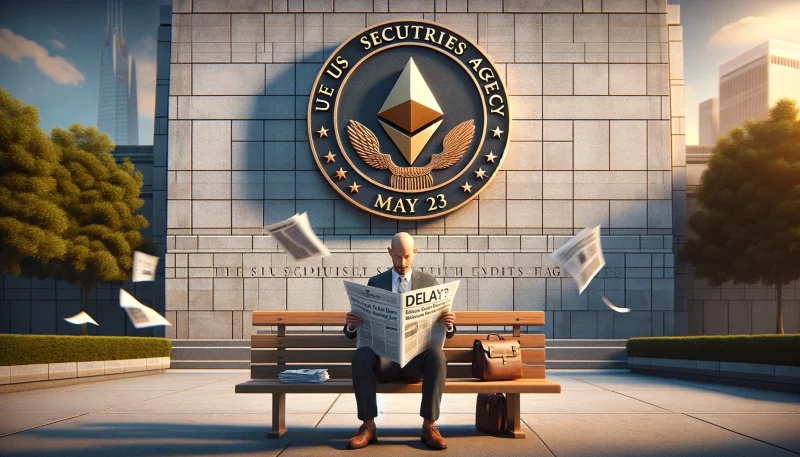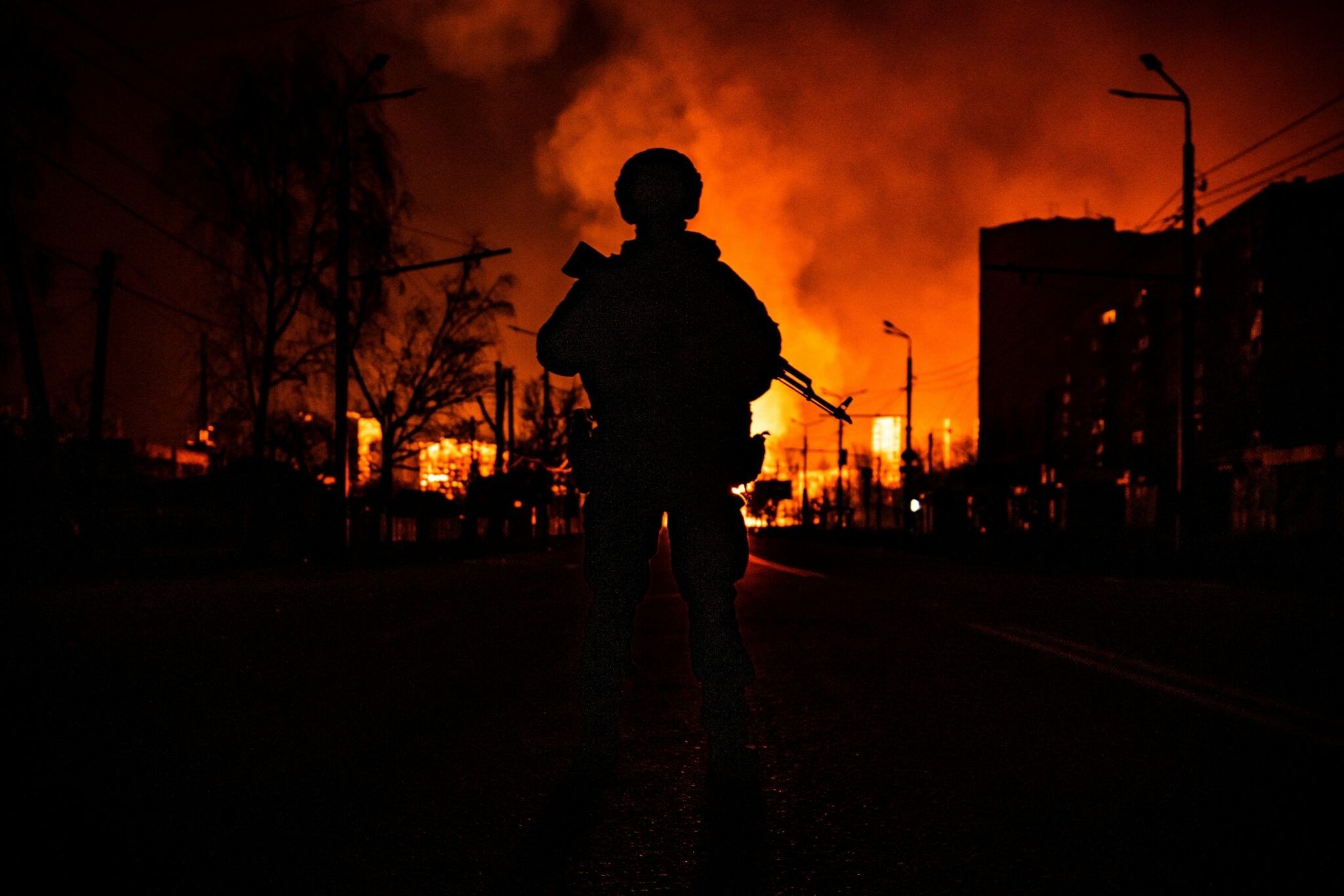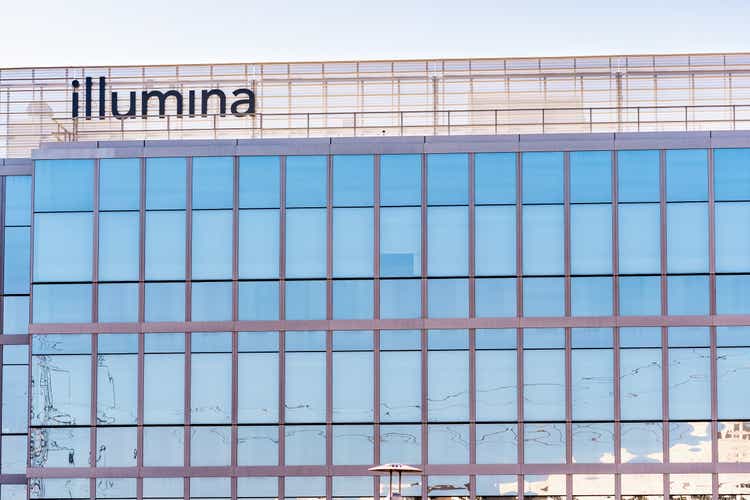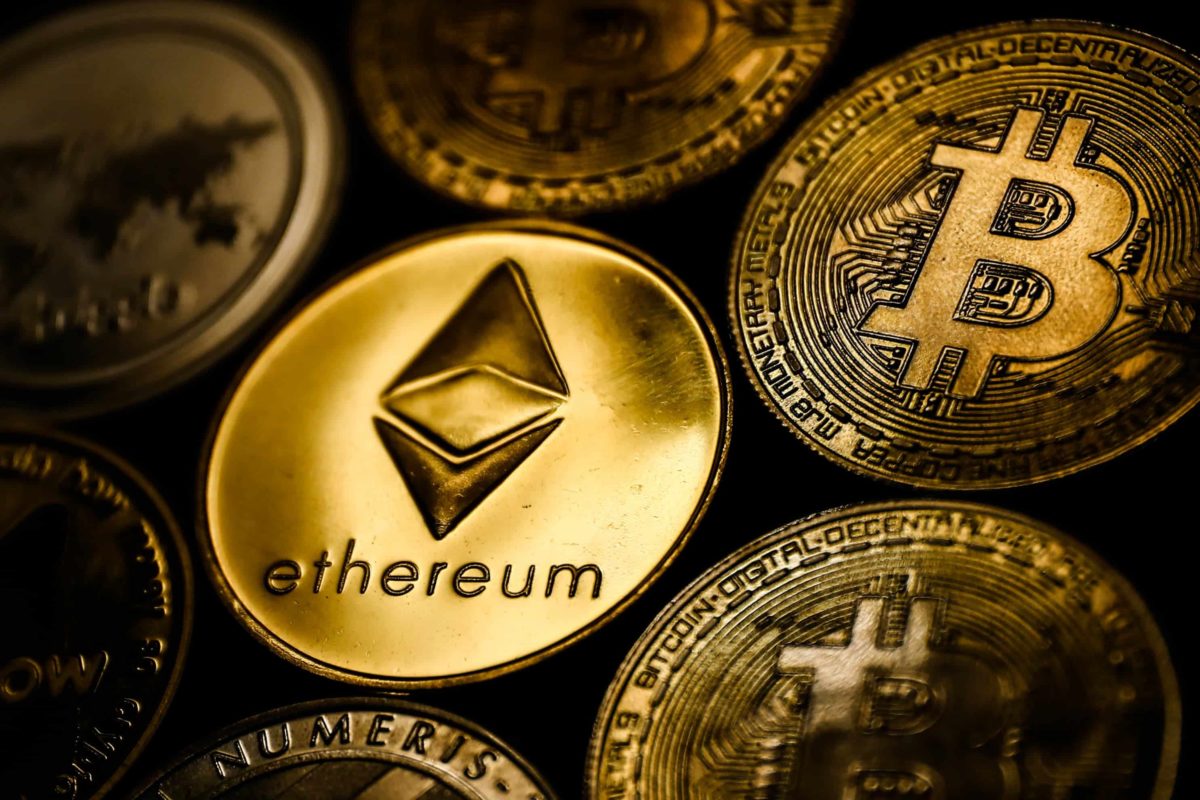The idea was simple: To meet progressively higher carbon emission-reduction targets in line with its climate-action commitments under the Paris Agreement and the UN Framework Convention on Climate Change (UNFCCC), the EU needed to impose higher obligations on its own industrial activities in carbon-intensive sectors. As a result, it had to tackle two challenges. One, it had to safeguard the competitiveness of its domestic industry amid cheaper imports from countries where emission reductions or the carbon price for emissions are lower because of differing reduction obligations; and two, it had to prevent carbon leakage through the relocation of its own industrial activity to countries with lower carbon prices or emission targets.
Thus was born the EU’s Carbon Border Adjustment Mechanism (CBAM)—to equalize the carbon price of imported products with its carbon price. From 1 January 2026, EU importers of products in five categories—iron and steel, aluminium, cement, fertilizers, electricity and hydrogen—will need to buy CBAM certificates priced at the price difference of embedded emissions between the EU and the exporter country.
The CBAM’s thrust is on the quantum of emissions in production processes in each of the five sectors, as well as how these emissions are priced at home. Even if the quantum of emissions is the same for making a tonne of steel, CBAM charges will apply based on the carbon price gap between the exporting country and the EU. For example, the trading price for a tonne of carbon dioxide emissions is about $100 in the EU, $34 in Australia and $7 in China. So, Australian exporters will pay a CBAM charge of at least $66 per tonne, while the likely impact on Chinese imports will be $93. India has no direct system for pricing carbon and there is no methodology yet to derive a carbon price from measures such as energy conservation, mandatory renewable purchase obligations and fossil fuel taxes. It will, therefore, be left to EU-certified auditors to make that assessment based on data provided by individual plants in India on the cost of carbon in the context of a set of fragmented domestic regulations.
National carbon prices reflect a variety of factors, including the level of economic development, per capita income and each country’s nationally determined contributions to climate action. The International Monetary Fund, for instance, has recommended differential carbon pricing for countries at different stages of economic development—a 2030 price floor of $75 a tonne for advanced economies, $50 for high- income emerging economies such as China, and $25 for lower-income emerging markets such as India. By aiming for “equalization” with the EU, CBAM charges would run against the reality of differential carbon pricing and emission reduction obligations.
The EU’s new mechanism could be valuable if it were to have an impact on emission reduction by forcing imports to decarbonize. But that is unlikely. Both the UN Conference on Trade and Development (UNCTAD) and Asian Development Bank (ADB) have concluded that the CBAM will not have any significant impact on lowering emissions. They also highlight the importance of the sharing and transfer of decarbonization technologies, which is not happening effectively. A report of the Intergovernmental Panel on Climate Change has underscored inadequate transfers, weak adoption of low-emission technologies and low funding as challenges. Both the UNCTAD and ADB note the adverse impact on EU imports from developing nations. The World Bank’s Relative Carbon Exposure Index has also mapped the negative impact on developing-country exports.
One should also not be complacent about the CBAM’s limited initial coverage of five sectors. Given its basic objective to level the playing field for EU producers, its expansion to semi-finished or finished products will be considered in a review planned for 2025. Downstream industries in the EU like auto-manufacturing would perhaps require the CBAM’s scope to widen soon to their own sectors so as to secure their competitiveness, especially those that rely on CBAM-covered inputs like steel.
In its final avatar, the CBAM will have implications for the entire production cycle of all traded products. Its UK replica is expected to be enforced from 2027. In the US, both Republican and Democrat senators have introduced different versions of laws that will impose charges on imports based on their environmental impact in comparison with US-made alternatives. These could render differential climate targets under the UNFCCC meaningless. Further, the tariff reductions and market access promised in free trade agreements that India is negotiating will also likely be nullified by border taxes and carbon charges. Small producers will be hit far more, not only by the burden of paying carbon price differentials, but also because of sheer compliance costs, including of data collection, auditing and certification of emissions.
Substantive talks are needed to craft solutions at the UNFCCC and under World Trade Organization/ FTA negotiations. Not doing so in a timely and effectively way will cost industries of developing countries dearly.
These are the authors’ personal views.
















